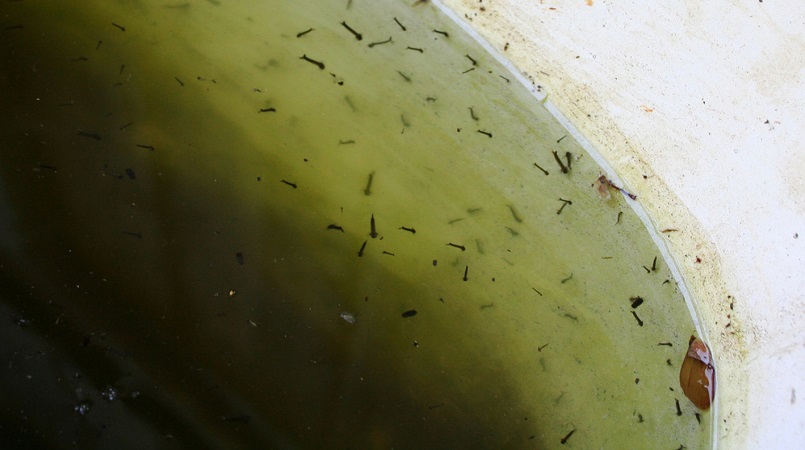
The South Pacific islands have long drawn sailors and tourists seeking paradise on earth, but biologists are now trying to make the region even more alluring.
A biomedical lab in Tahiti has succeeded in nearly eradicating mosquitoes from a tiny nearby island, and researchers are gearing up to eliminate the pests from a larger island that is permanently inhabited by people.
The eventual goal is to cut off transmission routes for mosquito-borne diseases such as dengue, chikungunya and Zika, which plague the Pacific. Researchers also hope that reducing the mosquito burden will help populations of local birds. On other islands, such as Hawaii, avian malaria spread by mosquitoes can devastate bird populations.
The mosquito problem could be solved in the Society Islands — a part of French Polynesia that includes Tahiti, Moorea, Bora Bora, Huahine and Raiatea — within ten years, says Hervé Bossin, an entomologist at the mosquito lab of the Louis Malardé Institute in Paea, Tahiti, and the project’s lead scientist.
He and his team plan to do this using a technique that infects mosquitoes with a specific strain of a bacterium called Wolbachia.
About 65% of insects around the world carry Wolbachia, but the strains vary. If mosquitoes with different strains mate, the resulting eggs develop incorrectly and don’t hatch.
If there are enough of these doomed pairings, an area’s mosquito population usually dies out.
But first, scientists must sort the males from the females.
In a small, tidy lab on Tahiti’s east coast, nestled among coconut palms and fragrant white tiare blossoms, senior technician Michel Cheong Sang pours water between two glass plates set at an angle, washing several dozen larvae of Aedes polynesiensis mosquitoes down between them.
The larger females get stuck about halfway down. The smaller males descend a bit farther, forming a dark, wriggling band behind the glass. The low-tech method sorts more than 99% of the larvae correctly, says Bossin.
All the larvae are infected with a particular strain of Wolbachia — taken from a related mosquito species, Aedes reversi — that is not naturally present in French Polynesia.
Only the males will be released in target areas to mate with wild female mosquitoes.
